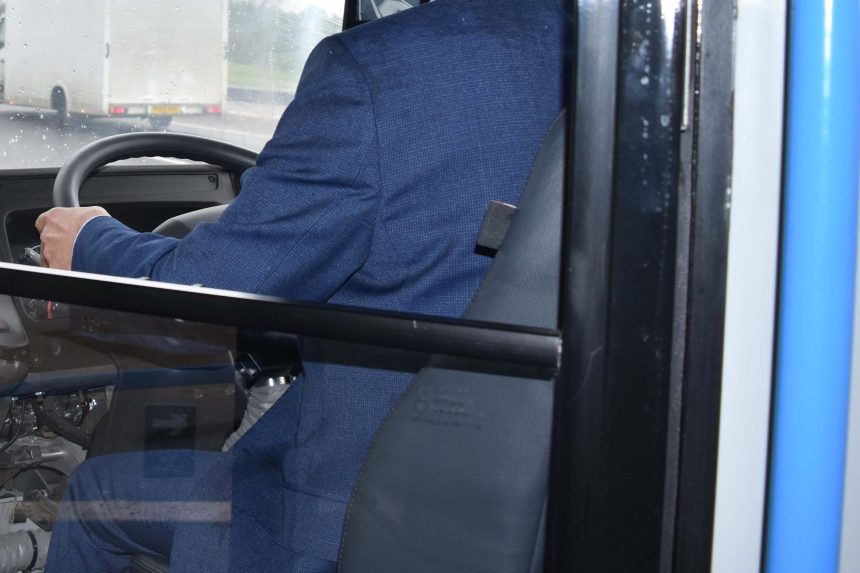Why might a trade mark be useful when it comes to exiting a business or raising capital?
A brand is highly valuable. Registration of a trademark for intellectual property (IP) assets such as logos, company name and slogans is an important step in protecting a brand, protecting goodwill associated with the business, and preventing third parties from infringing or imitating a brand.
If you intend to sell your business or secure investment, having a registered trademark will increase your credibility, make you appear more attractive to a prospective buyer, or investor, and may add significant value to your business.
If you are unsure about what rights you have, an IP audit can identify any gaps in your IP portfolio and any remedial action.
By taking this action before seeking third-party investment, or looking towards merger or sale opportunities, you might boost the value of your business.
Importantly, your trademark can be exploited to make you money, whether that be through licensing, franchising, or even selling your brand.
Licensing agreements can take various forms.
For instance, an entity may provide a trademark licence to a third-party operator for the purposes of a collaboration on a particular route, or for it to operate a tour that you have sold under your brand, in exchange for royalties or an annual licence fee.
Alternatively, you may wish to enter into a franchising agreement, which would allow the franchisee to operate its business under your brand in exchange for a fee.
Assigning your brand is often attractive to businesses that no longer wish to use a particular brand, for example, where a particular route or service that is associated with a brand name, logo or slogan (rather than service number) is taken over by another operator.
By “selling” your trademark you can receive a lump sum payment in exchange.
What are the TUPE considerations where I have lost a contract to another operator?
TUPE regulations protect employees’ rights where a contract or service transfers to another operator. If, for example, you lose a school contract to another operator, or one or more of your local bus services to one or more operators under franchising, you need to ensure you comply with your TUPE obligations.
Identify which employees are affected: Those who are “essentially dedicated” to carrying out the activities that are proposed to transfer — usually drivers — will be affected.
This could apply even where the incoming operator sub-contracts part of the contract/service previously carried out by you.
Specific advice should be sought on your particular situation, but, if employees are “essentially dedicated” to the transferring contracts/services, their employment contracts will (where they would otherwise be terminated by the transfer and unless they specifically object) automatically transfer to the new operator on their existing terms.
Your obligation to inform and consult: Both you and the incoming operator have a duty to inform and, if appropriate, consult appropriate representatives (in other words, recognised trade unions or elected employee representatives) of affected employees.
This includes providing details about the transfer as well as the “measures” it is envisaged you and the incoming operator will take in relation to the affected employees.
For example, they may continue driving the same routes or services but could be required to work out of a different operating centre. You should cooperate with the incoming operator to fulfil these obligations as a failure exposes you to compensation equivalent to up to 13 weeks’ uncapped pay.
TUPE regulations are complex and we would always suggest specialist legal advice is sought.
Answers by Laura Hadzik, Partner; Lucy Marlow, Partner; Laura Wharton, Partner; Georgia Davies, Solicitor – JMW Solicitors



























